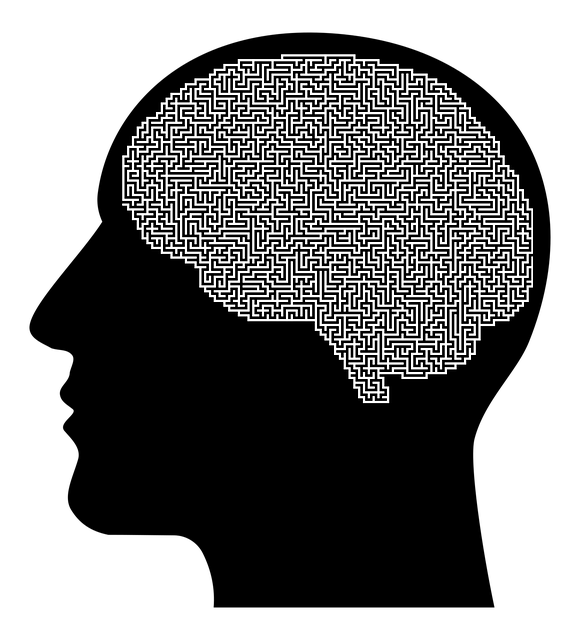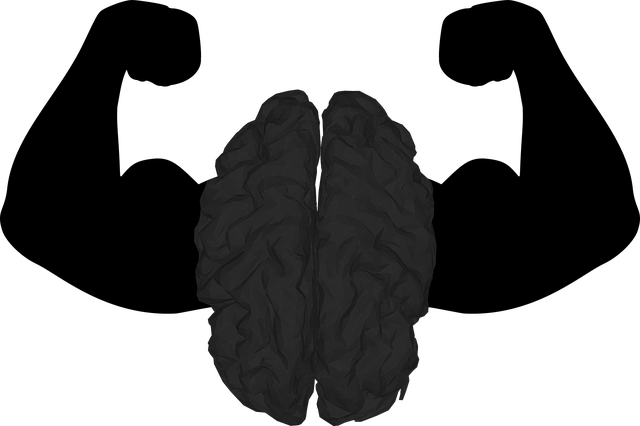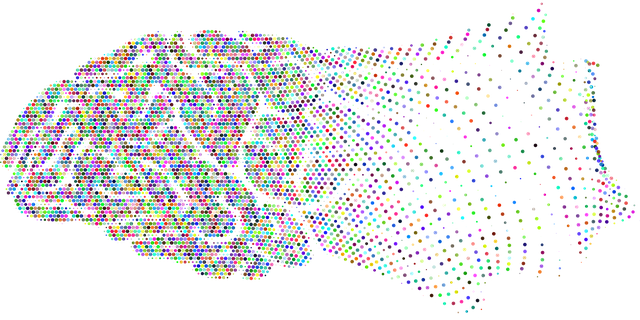Longmont Grief Counseling Therapy (LGCT) utilizes the RFM model—a holistic approach focusing on recovery, fortitude, and mastery—to aid clients in processing grief and building resilience. This method goes beyond emotional healing by teaching effective coping strategies through exercises like mindfulness, cognitive reframing, and exposure therapy, enhancing self-esteem and stress management. LGCT's community outreach programs further support clients in fostering connections and overcoming adversity. By integrating the Resilient Strengths Model (RFM), LGCT promotes personal growth, mitigates grief's impact, and combats mental illness stigma through increased self-efficacy and optimism.
“Unraveling the power of Resilience, Flexibility, and Mastery (RFM) in managing grief is a key focus for Longmont Grief Counseling Therapy. This therapeutic approach recognizes that building resilience is an essential tool for navigating life’s challenges, especially during times of profound loss. The article explores RFM’s role in grief counseling, delving into effective exercises tailored for Longmont clients. Through a case study, we demonstrate how integrating RFM into therapy can foster healing and empower individuals to find strength within.”
- Understanding RFM and Its Role in Grief Counseling
- Resilience Building Exercises: Techniques for Longmont Clients
- Integrating RFM into Therapy: A Case Study with Longmont Grief Counseling Therapy
Understanding RFM and Its Role in Grief Counseling

In the realm of Longmont Grief Counseling Therapy, understanding RFM (Recovery, Fortitude, and Mastery) is paramount. This framework recognizes that grief counseling isn’t merely about processing emotions; it’s about equipping individuals with tools to rebuild resilience after a loss. By focusing on these three stages, healthcare providers can guide clients through the intricate emotional healing processes, fostering their ability to adapt and thrive despite adversity.
The RFM model plays a pivotal role in navigating complex grief journeys. It encourages clients to actively engage in recovery by processing their feelings and memories. Fortitude is cultivated through developing coping strategies and fostering a sense of strength within oneself. Mastery involves taking control and finding purpose, enabling individuals to integrate their loss into a meaningful life narrative. This holistic approach, integrated into Longmont Grief Counseling Therapy, enhances cultural competency training for healthcare providers, ensuring they’re equipped to support diverse clients in their unique grief experiences.
Resilience Building Exercises: Techniques for Longmont Clients

Resilience building exercises are tailored to meet the unique needs of Longmont clients seeking grief counseling therapy. These techniques aim to empower individuals with coping strategies, helping them navigate life’s challenges and build mental fortitude. Through various activities, clients can enhance their self-esteem improvement, learn stress management skills, and cultivate a sense of inner strength.
The approach often incorporates practices like mindfulness meditation, cognitive reframing, and exposure therapy, which have proven effective in preventing burnout. Moreover, community outreach program implementation plays a significant role, fostering connections and support networks crucial for resilience. These exercises not only help individuals cope with grief but also equip them with tools to adapt and flourish in the face of adversity.
Integrating RFM into Therapy: A Case Study with Longmont Grief Counseling Therapy

Longmont Grief Counseling Therapy (LGCT) is a leading example of how integrating Resilient Strengths Model (RFM) exercises into therapeutic practices can significantly enhance mental wellness and reduce the impact of grief and loss. This innovative approach has been instrumental in helping individuals navigate their emotional journeys, fostering resilience, and boosting confidence in the face of adversity.
The RFM framework provides a structured path for therapists to guide clients in identifying and strengthening their inherent resilient resources. By incorporating these exercises into their sessions, LGCT offers a safe space where individuals can explore their emotions, build coping strategies, and work towards personal growth. Through this process, not only does the therapy help in managing immediate grief, but it also contributes to long-term mental illness stigma reduction efforts by promoting self-efficacy and fostering a positive outlook on life.
The integration of RFM (Resilience, Flexibility, and Mastery) principles in Longmont Grief Counseling Therapy demonstrates a powerful approach to enhancing resilience. By employing specific exercises tailored to clients’ needs, therapists can significantly support individuals navigating grief and trauma. This case study highlights the effectiveness of combining traditional counseling with RFM techniques, offering a promising path toward healing and personal growth for those facing challenging life circumstances.














